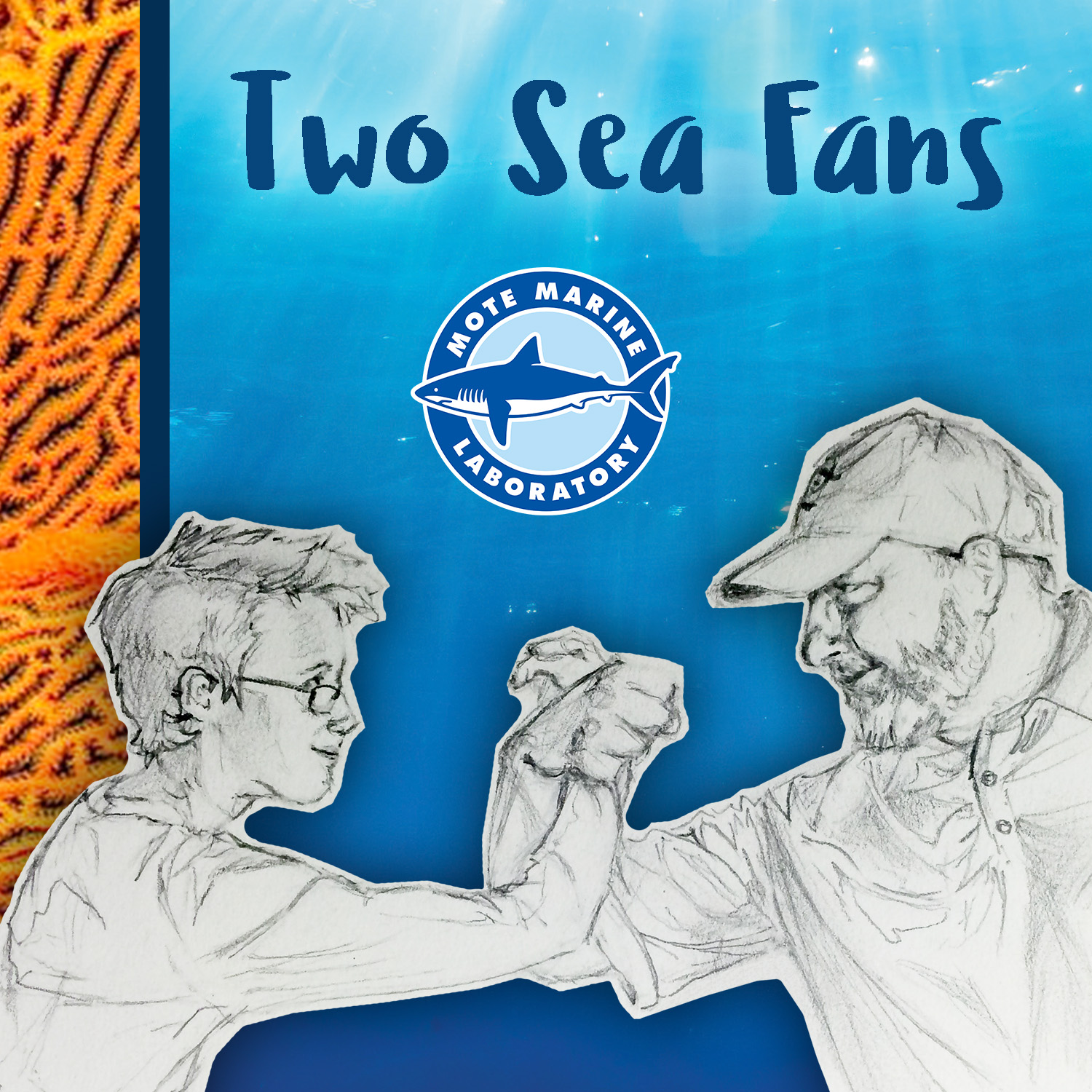Toolbox for addressing red tide
Description
Dr. Cindy Heil studies microscopic living things with huge impacts: phytoplankton. These ocean-dwelling, plant-like organisms are known for producing 50% of the oxygen we breathe along with food for other living things; a minority of species can produce toxins or have other negative impacts. Dr. Heil and her Mote colleagues focus on one of the most challenging phytoplankton: the Florida red tide algae species, Karenia brevis. In this episode, Dr. Heil tells hosts Joe and Hayley about her efforts to understand Florida red tide ecology and to test methods for mitigating and controlling the toxin-producing Florida red tide blooms that challenge coastal communities along the Gulf of Mexico. Tune in to learn how scientists are expanding the possible "toolbox" of technology for directly mitigating red tides, while continually working to better understand how red tides function. That knowledge is important for societal leaders working to protect the public and reduce possible water quality issues that may help "feed" a red tide after it forms offshore and moves to the coast. Dr. Heil is Director of the new Red Tide Institute at Mote, which formed to investigate red tide mitigation and control tools thanks to its Founding Donor, the Andrew and Judith Economos Charitable Foundation.
More Episodes
Published 09/15/21
Your Two Sea Fans are back—just in time to talk about tiny turtles! In this episode, Joe and Hayley catch up with Dr. Jake Lasala of Mote's Sea Turtle Conservation & Research Program in this midst of his busy fieldwork season, when he spends nights on the beach collecting and releasing sea...
Published 09/15/21
Today’s episode makes us twice as happy because we have two excellent topics in store! Our guest, Jasmin Graham, has studied some of the most unusual-looking, endangered animals in the sea—sawfish, aka “danger snoots”—and she’s now advancing a critical mission: helping marine science become a...
Published 10/15/20


